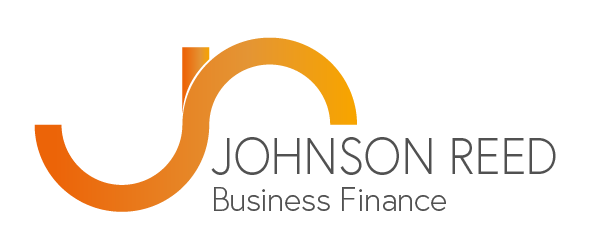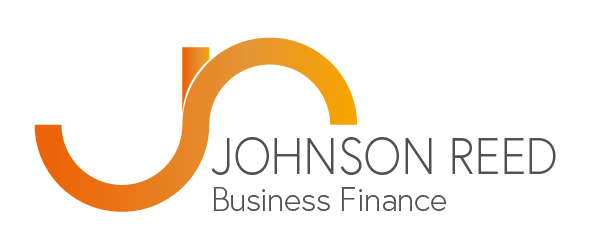At a critical time when your business needs funding, whether it’s for a cash flow loan, to secure a new piece of equipment or to help with an expansion, it’s important to you as a business owner that this is a smooth and quick process to prevent delays and help your company achieve its aims without delay. This is why it can be frustrating when your application for finance is declined. It’s easy to be left frustrated, demotivated and maybe even angry.
To ensure delays or rejections don’t happen to you, we’ll look here at the top 5 reasons businesses get rejected and how to avoid them.
Applied through a traditional bank
Although traditional finance methods such as banks and building societies may be a go-to option for most business owners, it can also be more difficult. From rigorous processes, paperwork to long delays and queues, a large number of applicants can then be put off by the process entirely, resulting in them giving up on obtaining finance and expanding their business.
As an alternative finance provider, we seek to apply common sense to all our applications, their circumstances and their businesses, with a quicker turnaround and updates throughout the process. SMEs will find that their specific needs are not appreciated by banks, whereas alternative lenders work with these types of business week-in, week-out, and have a pretty good grasp on what a good application is and how to secure funding. So, don’t give up, just make sure you’re looking in the right place.
The type of kit or equipment or reason for lending
Many lenders will judge your application on the basis of what it is for, rather than your company’s ability to pay it back, as this is where they value the security of the loan. However, this structure may work for mainstream lenders, but can lead to alienating business owners and with good ideas and unusual concepts and assets. This is where common sense needs to be used. The focus should be on whether the business can repay the debt, rather than what it is.
We call this type of equipment quirky kit, and we pride ourselves on saying yes to any piece of equipment, and we’ve had our share of interesting assets! From soft play and construction to chip shops and gyms, and everything in between, we’ve seen it all. Nevertheless, if the agreement was right for us and right for the customer, we looked to support it, as standing in the way of businesses is simply not in our nature. To check out some of our quirky deals, take a look at our case studies.
Incorrect documents and details
Details are crucial to lenders who will need reassurance of who they are lending to, how the company is structured, what the business does and how long it has been trading. Identification documents, bank statements, proof of address and other key information is all crucial to helping a lender make a decision.
This is a straight forward part of the process which can ensure the application is reviewed promptly, and doesn’t require much thought. By preparing and having documents ready to hand, you can help make the process as efficient as possible by reducing any doubt and making the lender’s job easier, presenting a strong case and giving your business the best chance of securing the finance you need.
Credit report
It’s essential to understand your company’s credit score and ensure there are no unexpected surprises when applying for any sort of finance, whether that is a loan, asset finance or equipment finance. Your business has bills, wages, suppliers to pay and other expenditures, which means paying these on time are crucial to building a good score and helping your application.
If your business misses bills, fails to make payments or becomes in bad debt (we go into this more here, but bad debt is basically expenses that your company has that doesn’t help generate revenue or save costs), then it may not get approved for good debt (finance that helps to increase revenue) such as asset and equipment finance or business loans.
Company status
Lenders have to assess the risk element of their financial commitment, and factors such as turnover, years trading, home ownership can all be big contributors to whether your application is accepted. The less boxes that are ticked, the more of a risk the company is viewed as, which can restrict your options as a business owner.
Thankfully, this doesn’t mean the end of story. You can secure funding without owning a home or with a turnover less than certain amounts, it just means that there are processes that have to be followed to ensure and reassure the lender the loan can be repaid. This may mean having a guarantor, a higher deposit or a different rate, among other things, which can be discussed with your account manager, to give you the most favourable agreement to meet the needs of your business.
Owning and running a business is rewarding, but equally stressful, and it’s important that you have the right knowledge and guidance when looking to invest in your company and secure funding. To re-cap, here are our tips to getting the finance you need:
- Look for alternative lenders such as Johnson Reed
- When you have quirky kit, find the right lender who will support it
- Have the right and accurate details and documents, this is essential and gives you credibility
- Clean up your credit report and keep it to good debt
- Know what requirements may be in place with reference to your company
We hope this useful guide can give you a better perspective on lenders, funding and how to be successful. If you have anymore questions, get in touch with our team to see how they can help.


